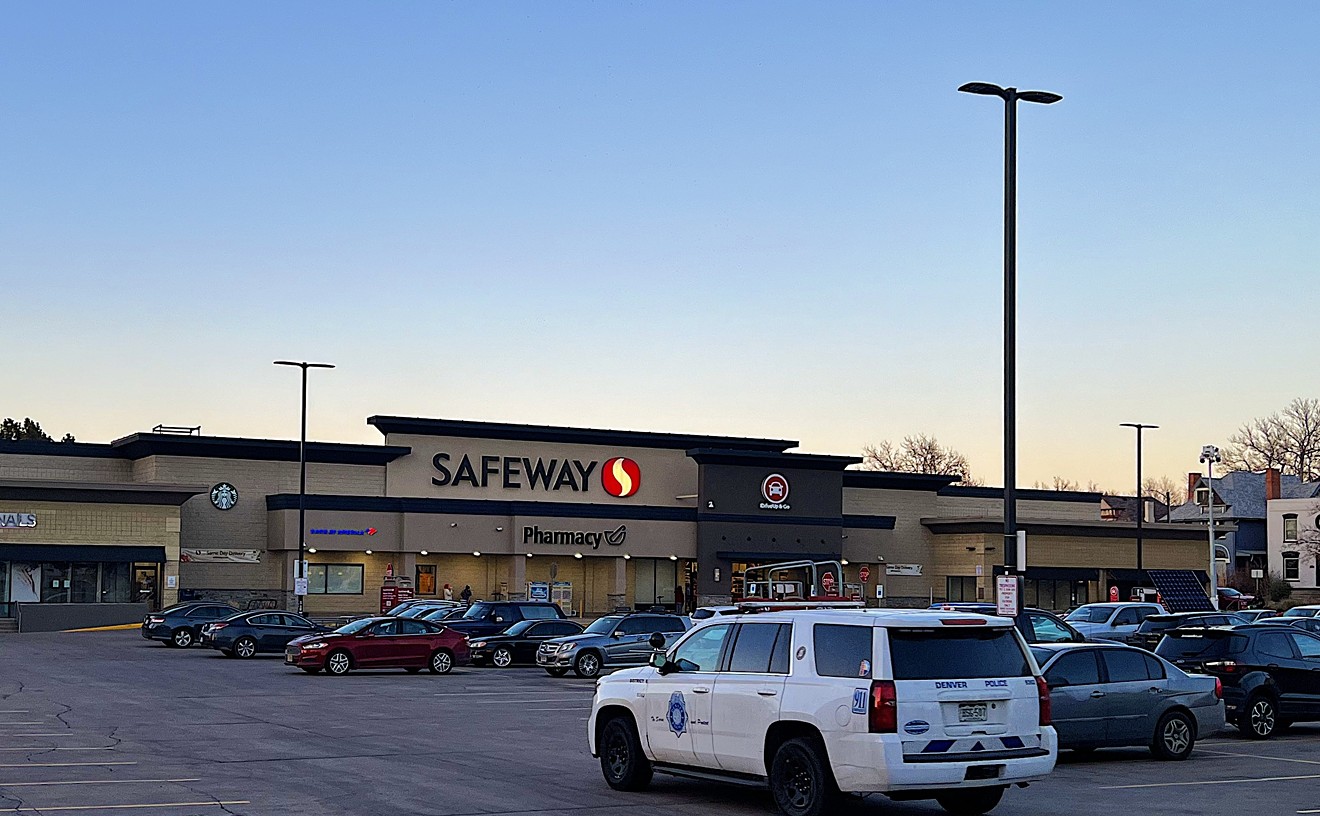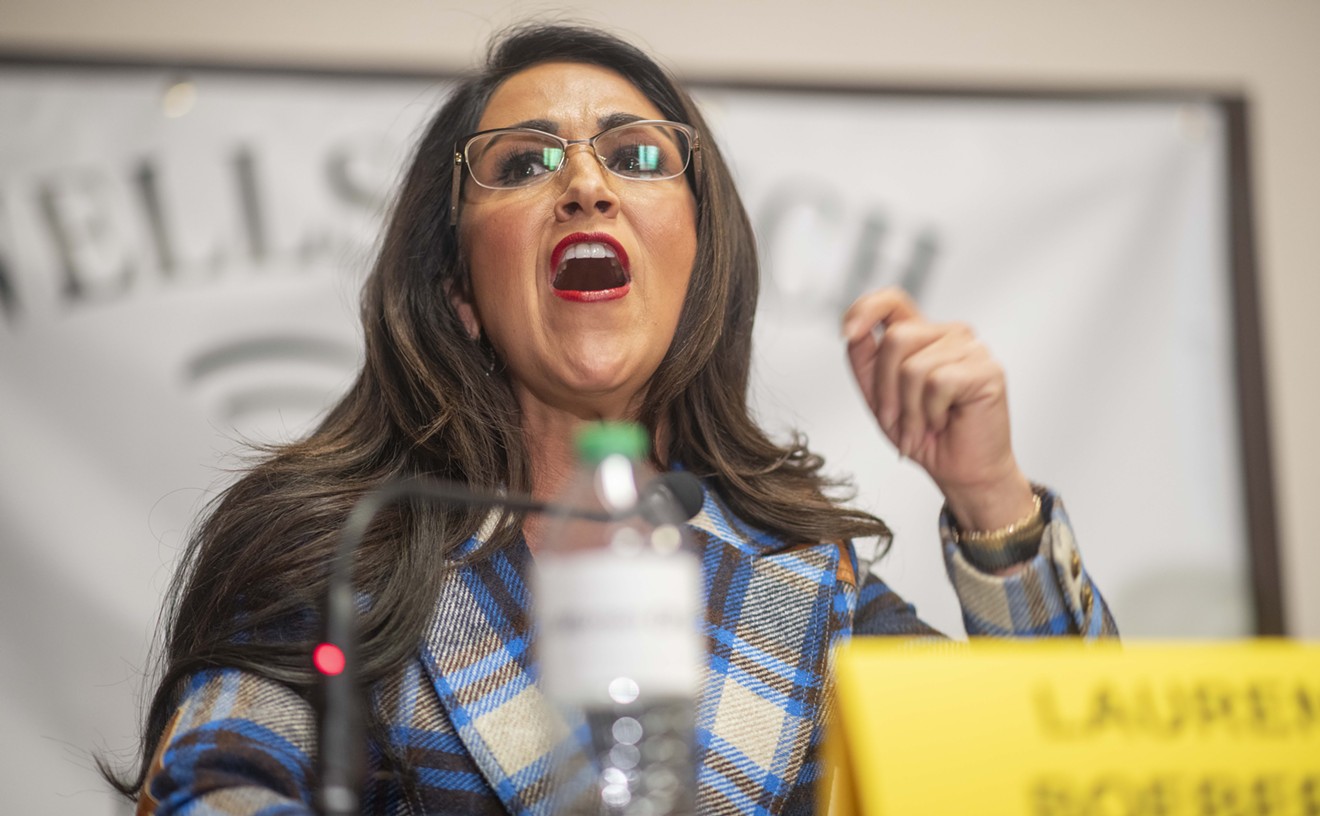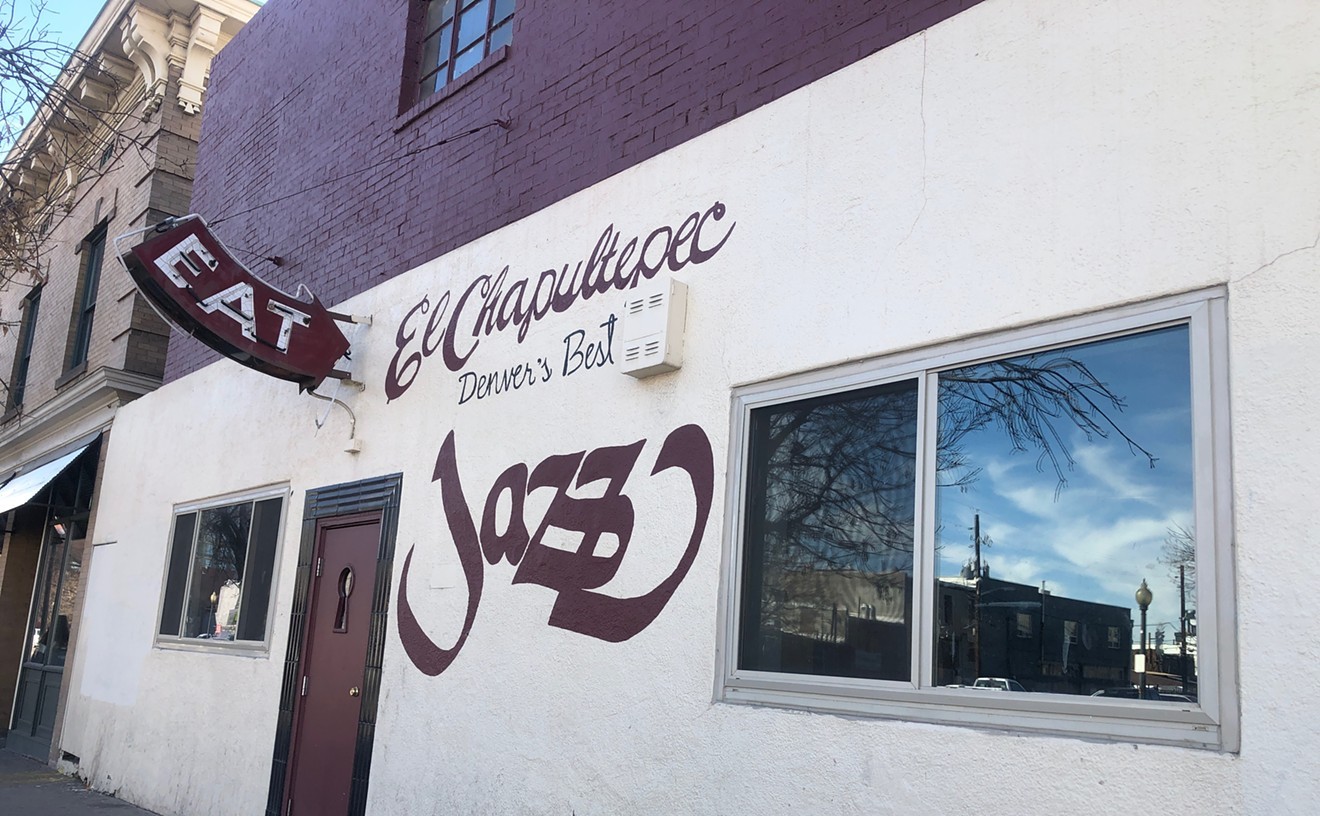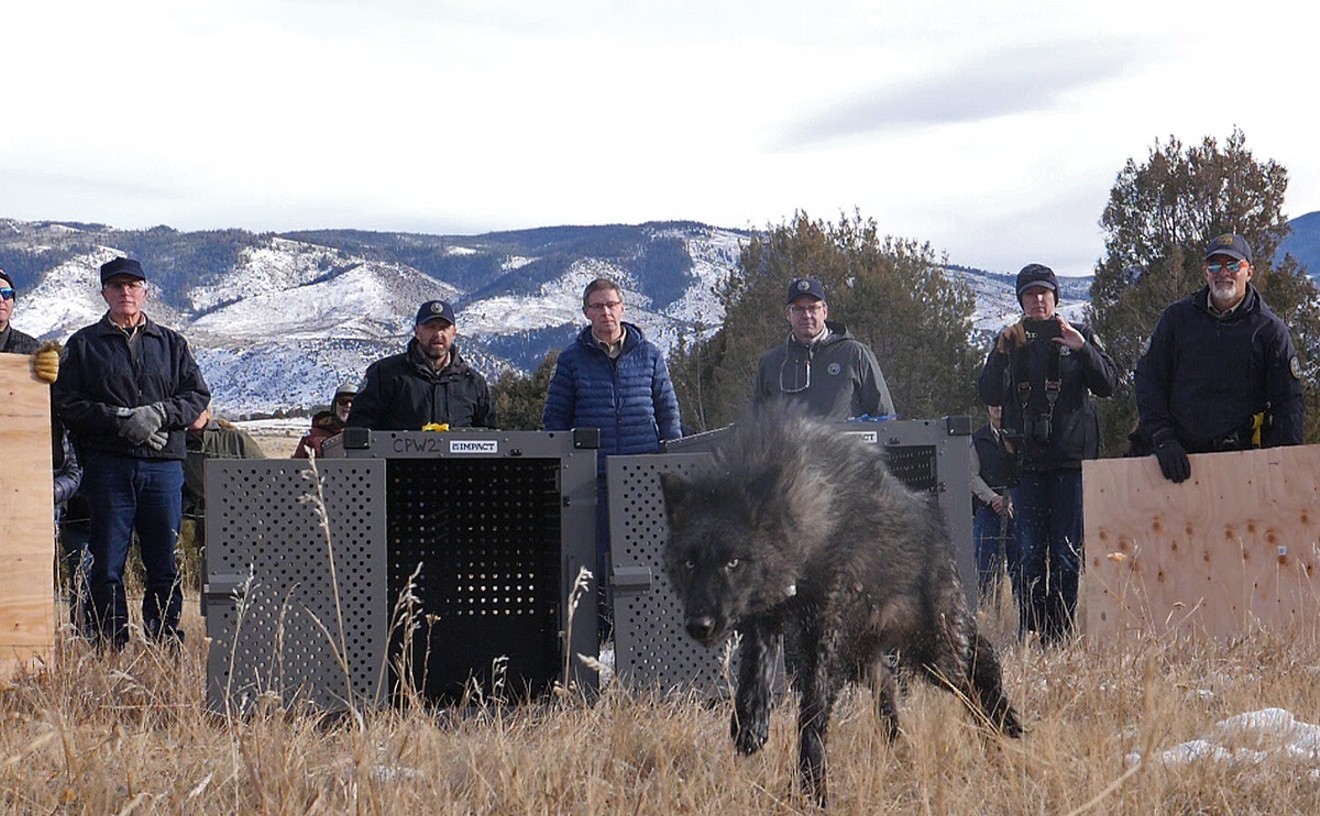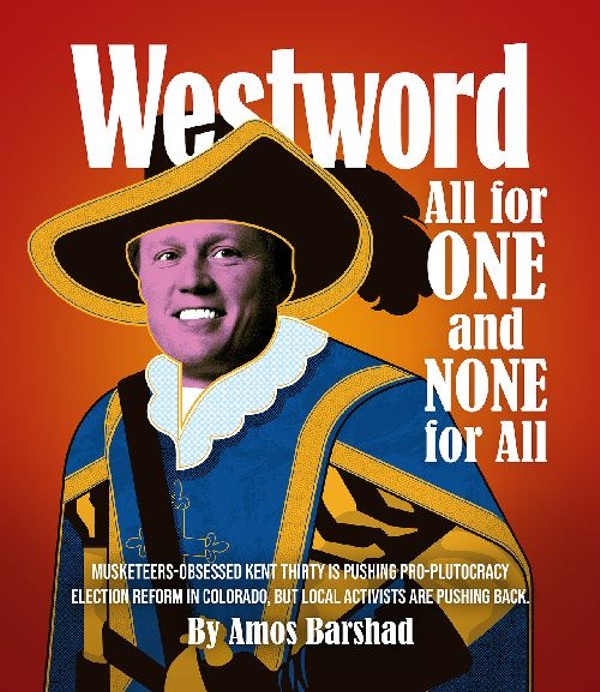Against this backdrop, Kennedy's many critics have assembled a range of evidence as formidable as the Flatirons in their effort to convince the university's Board of Regents, who unanimously blessed Kennedy's finalist status, that they shouldn't choose the onetime businessman, former Minnesota congressman and outgoing leader at the University of North Dakota as the face of the $4.5 billion enterprise that is CU.
But the arguments about Kennedy's ultra-conservative ideology and past stands seen as anti-LGBTQIA, anti-abortion, anti-immigrant and anti-a-lot-more, as well as his alleged careerism and bizarre statements like the one about how the Afro he once wore made him more racially sensitive, may wind up being less significant than the prospect that he could cost the university dollars and cents by turning off donors whose contributions are the lifeblood of the institution.
Symbolic of this possibility is "CU Alumni Letter Opposing Mark Kennedy," an open document that's been signed by nearly 300 former attendees at this writing. "Many of us are donors," the missive begins. "Many of us are volunteers. But all of us are proud Buffalos. We represent the best of CU." Then, after laying out the case against Kennedy, the letter states: "At this point, it will be extremely difficult for us to continue our donations or our active engagement with the University of Colorado if Mr. Kennedy’s nomination is not withdrawn."
Scott Moss, a CU law professor and Schaden Chair in Experiential Learning, has spoken to some of the alumni who signed the letter, which he considers to be "the weightiest of the protests." Looking at the situation from "the perspective of university leaders," he adds, "donations may speak louder than words."
Seconding this observation is Dylan Robinson-Ruet, a CU Boulder student who's part of the coalition opposing the proposed Kennedy presidency that recently launched the website CUAgainstKennedy.com and affiliated Facebook, Twitter and Instagram accounts. "Alumni and donors are huge for this university, and the administration listens to them for that reason," he says. "So it wouldn't surprise me if that's the one thing that gets through to the regents. And if it does, fantastic."

Participants in an April 15 rally against naming Mark Kennedy as the sole finalist for the position of University of Colorado president.
CU Independent via YouTube
"There have been conversations about whether or not the fourteen-day waiting period is just a show, and whether or not the regents have already decided," Robinson-Ruet concedes. "But it seems to me that the regents didn't do their job. [Regent] Linda Shoemaker said, and I'm paraphrasing, that the regents needed the public to vet Kennedy, and we have. We've found so many things that are so disqualifying."
Examples are grouped on the CUAgainstKennedy.com site under categories such as "Lack of Meaningful Academic Experience," "A Bad Track Record" and "A Problematic Political Follower." And new material keeps surfacing. Take a virtual research study by CU Boulder professor and historian Elizabeth Fenn about Kennedy's alleged efforts at diversification at the University of North Dakota when it came to Native Americans. "The conclusion I draw...is that during his UND presidency, Mark Kennedy has not been an advocate for American Indian Studies or American Indian students," Fenn writes.
In the meantime, CU has launched a wide-ranging publicity binge on behalf of Kennedy in an apparent effort to erase the negative PR that greeted the announcement. But his performances, marked by intermittent protests at stops such as the Anschutz Medical Campus in Aurora, haven't generated raves.
At least as problematic was an interview on Colorado Public Radio during which host Ryan Warner asked Kennedy a question about affirmative action in the context of the U.S. Education Department's Office for Civil Rights telling Texas Tech University's medical school that it should no longer consider race as part of the admissions process. His response: "I have not wrestled with that at the university yet in that our restrictions have not been as... Let me go back. Can I just not answer that question?" After Warner said, "That's your choice," Kennedy told him, "I apologize. You caught me off guard there."
This exchange was shocking to Moss, who's served on hiring committees for CU's law school and worked as the hiring chair at a major law firm for five years. In his view, "Mr. Kennedy's answers seem like someone who's not a prime-time player. To answer an obvious question about affirmative action by saying, 'You caught me off guard' is not what a competent candidate says for much lower-level jobs. I've ruled people out after a first-round phone interview if they show that kind of stunning inability to answer an obvious question."
Other Moss objections to the Kennedy hire include what he sees as a flawed and inadequate vetting process by the regents, the fact that he would be the third consecutive conservative Republican to be named CU's president (after ex-U.S. Senator Hank Brown and onetime GOP gubernatorial candidate Bruce Benson), and the perception that "he seems more like a ladder-climber than a loyal leader." Kennedy had been the University of North Dakota's president for only about twenty months when he interviewed to take a similar job at Central Florida, which didn't choose him, and tossed his hat into CU's ring around a year later. According to Moss, "It's Hiring 101 that if a candidate too quickly abandoned a prior employer, it's a red flag."

Mark Kennedy during a visit this week to the University of Colorado-Colorado Springs.
KOAA via YouTube
He feels this shortcoming could hurt Kennedy when it comes to collecting cash. "From everything I've seen, I don't think Mr. Kennedy would present well at meetings with alumni," Moss allows. "Those are substantive meetings, not glad-handing, and Mr. Kennedy has presented poorly when faced with substantive questions."
Heightening such concerns was a dust-up between Kennedy and Kris Engelstad McGarry of the Engelstad Foundation, among the University of North Dakota's most important donors; the name of UND's Ralph Engelstad Arena speaks to her influence. Five weeks or so before rumors about Kennedy switching to CU surfaced, she publicly divulged plans to pull the foundation's donations until Kennedy left office. In an interview with the Bismarck Tribune, she said, "Frankly, the governance and the leadership isn’t there, so our confidence is less than it should be."
There are conflicting reports about how happy or unhappy such a departure would make other locals; a scorching blog post titled "Whatever Colorado Decides, North Dakota Needs to Be Done With Mark Kennedy" represents the former reaction.
As for Robinson-Ruet, he's working hard to prevent Kennedy from finding a soft landing spot in Colorado even though he's a senior and will graduate next month. Why?
"Simply put, because I've given too much money to this university to have it run by somebody like Mark Kennedy," he replies.
Today's event will take place at Macky Auditorium on the CU Boulder campus. Doors open at 9:30 a.m. in advance of the 10:15 a.m. start of a conversation with Kennedy facilitated by Board of Regents chair Sue Sharkey, who'll draw upon questions from the university community submitted in advance. Those planning to attend are encouraged to read Macky's list of prohibited items (including backpacks, food and drinks) in advance and expect an "airport-like security screening" procedure. Only clear bags will be permitted inside. Click for more details about the Mark Kennedy forum and access to a post-Mark Kennedy talk feedback form.






